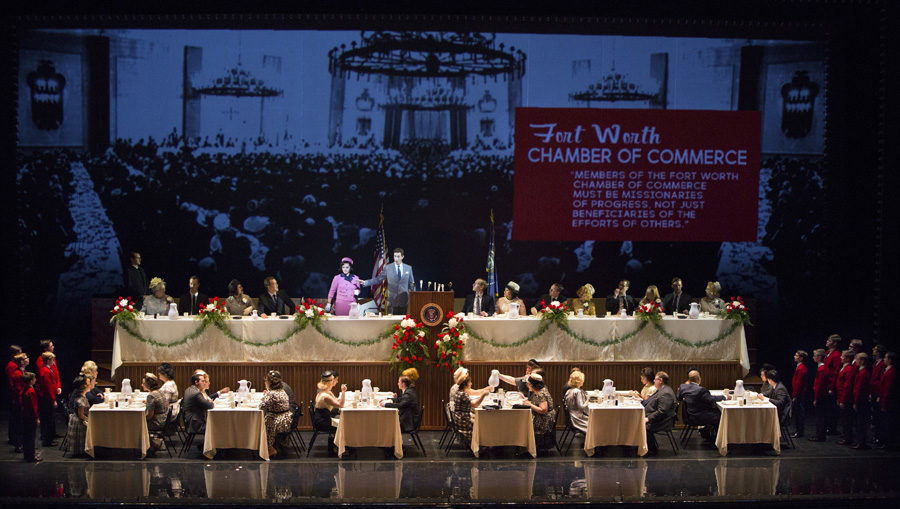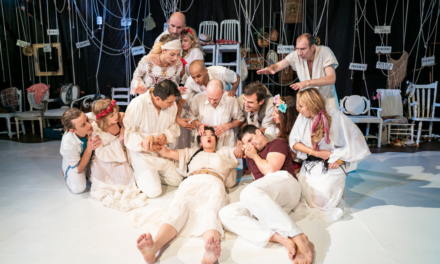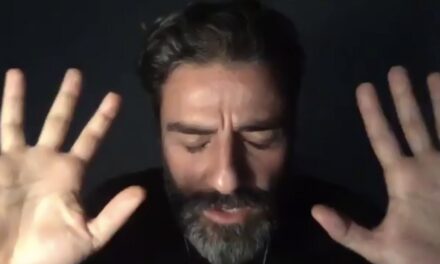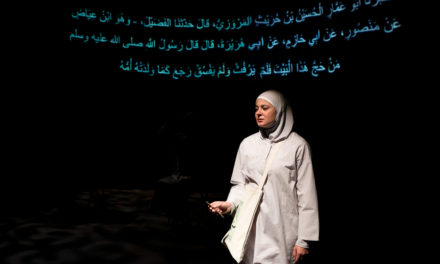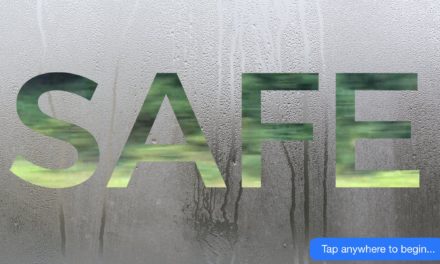Antigoni Gaitana Interviews Lawrence Edelson, Founder of ALT and Artistic and General Director of Opera Saratoga.
Can you give us a brief description of American Lyric Theater and its overall goal?
American Lyric Theater’s mission is to build a new body of operatic repertoire for new audiences by nurturing composers and librettists, developing sustainable artistic collaborations, and contributing new works to the national canon. But, it all starts with the artists. ALT is home to the only full-time professional mentorship program for emerging opera composers and librettists in the country. We are an incubator for gifted operatic writers – an artistic home where composers and librettists can hone their skills, foster collaborations, and develop new works with support from diverse experts in the field.
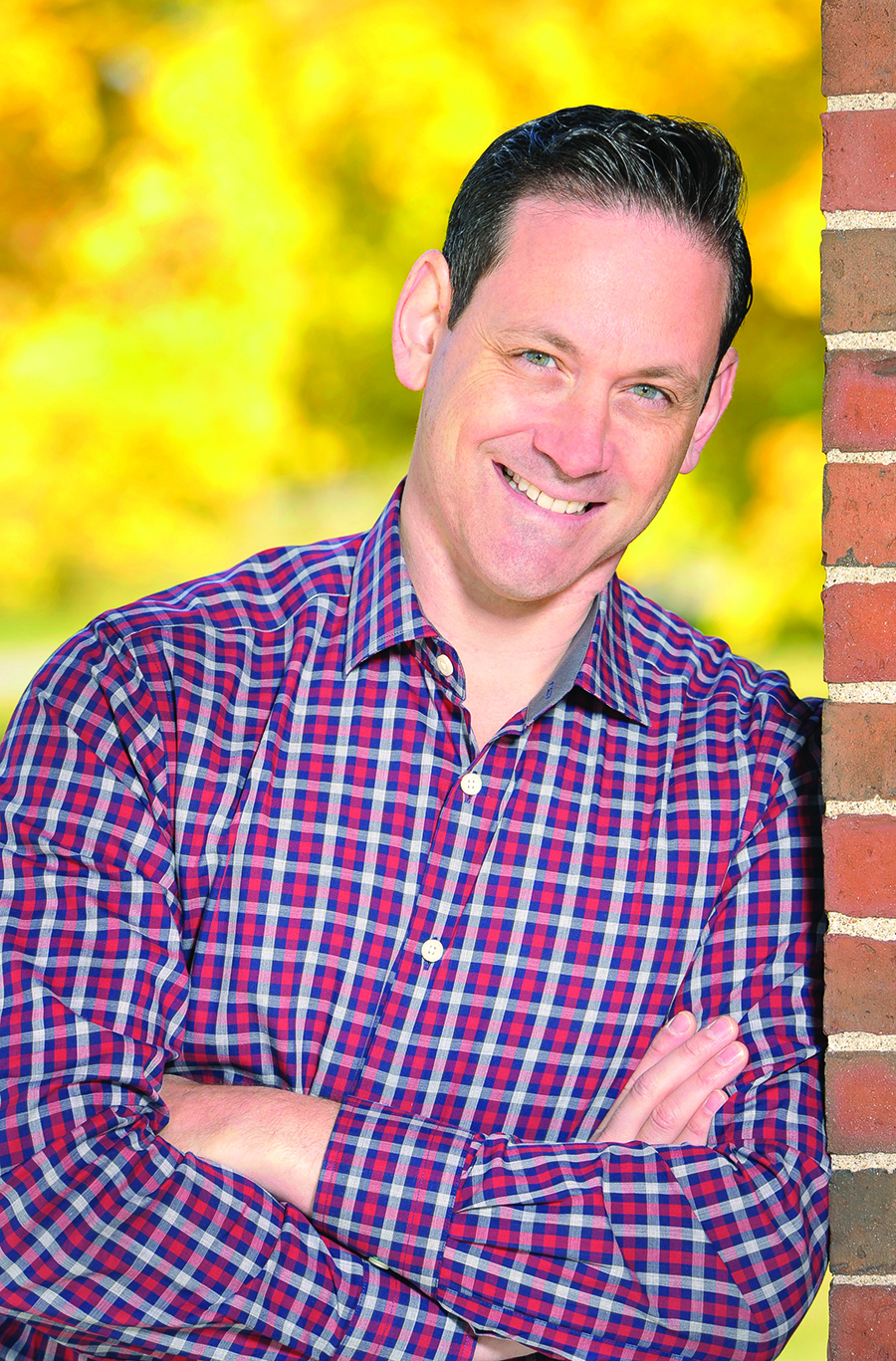
Lawrence Edelson, Founder of ALT and Artistic and General Director of Opera Saratoga. Photo Credit: Gary David Gold
What were the criteria and the process you followed in engaging the faculty for your Composers and Librettists Development Program?
The idea for creating the CLPD came out of discussions I had with Composer/Librettist Mark Adamo. We were talking about all of the young artist programs available for singers, and the impact those programs have had on the opera field since they were initiated over 50 years ago. But, similar opportunities did not exist for those who wanted to write opera, and I became deeply committed to doing just that. The first two people I reached out to when putting the CLDP faculty together were Mark Adamo and Dramaturg Cori Ellison.
There are specific skills that can be taught that are incredibly valuable for both composers and librettists – regardless of one’s musical, theatrical, or aesthetic approach. Mark is one of the country’s leading composers and librettists, but his pedagogical gifts are the real reason he is such an asset to ALT. Mark has developed a methodology that he has been able to share with diverse writers over the years, and I’ve seen first-hand how they have been able to take that process and use it for their own artistic means. The curriculum we have developed with Mark is at the core of ALT’s artistic development model.
I knew Cori from my work on the directing staff at New York City Opera, and it just seemed natural that I was going to put together a program to nurture operatic writers, that we should have the country’s leading opera dramaturg help shape the program. Cori’s work at ALT is important in two ways. First, I feel very strongly that composers and librettists should have a deep understanding of where we’ve come from. From Monteverdi to present day, there is an incredible amount we can learn by studying the masters of the form. Cori teaches an intensive, year-long course in musical dramaturgy that provides writers with unique perspective on the history of opera. In addition, Cori brings a very special skill set to the new works development process that is invaluable – that of a developmental dramaturg. She is one of our secret weapons!
When we launched the program in 2007, Mark and Cori were the core faculty members, and their classes were supplemented with guest sessions by Anthony Davis and Daniel Catán. Since that time, I’ve been strategic about building the faculty with teaching artists who complement what Mark and Cori bring to ALT. At ALT, librettists are equal to composers in every way – so it has been important for me to have great librettists like Michael Korie, Mark Campbell, and Gene Scheer serve as mentors in the program. Our resident artists also benefit greatly from having guest residencies with composers who work in diverse styles. To that end, we’ve been honored to have composers Kaija Saariaho, Ricky Ian Gordon, Nico Muhly, Stewart Wallace, Christopher Theofanidis, and John Musto, join us as guests; and this Season we continue to expand our family with residencies with composers Jake Heggie, Missy Mazzoli, David T. Little, and librettist Royce Vavrek – one of the most successful alumni of the CLDP. Royce was in the first class of the CLDP in the 2007-08 Season, so Royce’s return as a guest mentor really brings things full circle!
This year you are celebrating the 10th anniversary of CLDP. Which are your proud moments and what are your plans for the future?
I’m incredibly proud of the accomplishments of our alumni. Of course, it’s very rewarding to see works that we have commissioned and developed at ALT go on to multiple productions and start to really enter the repertoire – critically acclaimed works like The Long Walk by Jeremy Howard Beck and Stephanie Fleischmann, which is about to receive its third production at Pittsburgh Opera this January; or JFK by David T. Little and Royce Vavrek, a co-commission with Fort Worth Opera that receives its second mounting in Montreal this January and for which future plans are also in the works. But, what is equally exciting, and perhaps even more satisfying, is to see how successful ALT alumni are beyond the walls of ALT.
Other organizations developing new operas allocate significant resources to established artists. All of ALT’s resources are focused on emerging artists in the CLDP, and developing works by alumni of the program. These writers are defining the next chapter in American opera. Alumni of the CLDP are being commissioned by opera companies large and small across the country. Opera Philadelphia, Houston Grand Opera, Lyric Opera of Chicago, Beth Morrison Projects, Washington National Opera, Opera Omaha, and The Metropolitan Opera have all commissioned alumni of the CLDP… and that’s just a partial list. ALT’s alumni are changing the face of opera in this country. That makes me incredibly proud.
As we look forward, we want to continue strengthening our service to the field. This means continuing to offer the most intensive, highest quality training program for operatic writers in the country. This also means developing ways to share our success in training artists more widely. To that end, we have recently launched a documentation initiative that – over the course of the next two years – will result in the creation of a teaching manual that will be available to universities and conservatories (as well as other opera companies) who are interested in developing their own training programs for operatic writers.
CLDP, or should I say CLDDP, is offering mentoring to emerging composers and librettists and, from this season, to dramaturgs. What would an emerging artist get out of this program?
The goal for writers – composers and librettists – is to develop skills not currently taught at the university or conservatory level that are specific to creating opera. The core-curriculum in the first year of the program includes over 240 hours of hands-on workshops and classes. The CLDP also provides opportunities for artists to develop collaborative relationships, many of which result in robust long-term writing partnerships.
The addition of a fellowship for a Dramaturg this Season is an important part of ALT’s evolution. Our goal is to mentor artists who have the potential to add meaningfully to the American operatic canon. Dramaturgs can and should be playing a more significant role in that process.
Operatic dramaturgy is a new field of study for the US. What do you hope that this position will offer to the new dramaturgs interested in opera as well as to the future of this profession?
There are very few qualified opera dramaturgs with expertise in new works development in this country. I think the theater world both understands and respects the role of a dramaturg much more than the opera world does – at least in the United States. In addition, a lot of people in the opera field call themselves dramaturgs, but quite frankly, there are very few people who should really bestow that title upon themselves.
When it comes to the development of new works, I think it is important to emphasize that the role of a dramaturg is not that of an interpreter. A dramaturg is really a kind of diagnostician, or as Cori Ellison likes to say, very much like a doctor, when developing new works. A dramaturg’s job in the new works development process, in my opinion, is to help the composer and librettist realize the best version of their vision of their opera. When developing a new opera, those involved (writers, performers, director, conductor) can become very close to the work and aren’t always able to look at the piece objectively. This isn’t to suggest that those ‘in the trenches’ aren’t an important part of the process – they most definitely are! But an objective set of eyes and ears – someone focused solely on the work itself and not their role in realizing the work – is invaluable.
In the CLDP, our goal is to help dramaturgs develop the skills necessary to be neutral diagnosticians, or “Opera Doctors,” who are able to serve as advocates for the vision of the writers, as well as advocates for the audience. Within the framework of the CLDP, we aim to provide the new dramaturg apprentice with a wide variety of experiences that demonstrate best practices in new works development, while also providing them with opportunities to develop both the knowledge and communication skills that are so critical to success. I think that the opera field will benefit greatly if we can develop highly skilled and sensitive opera dramaturgs.
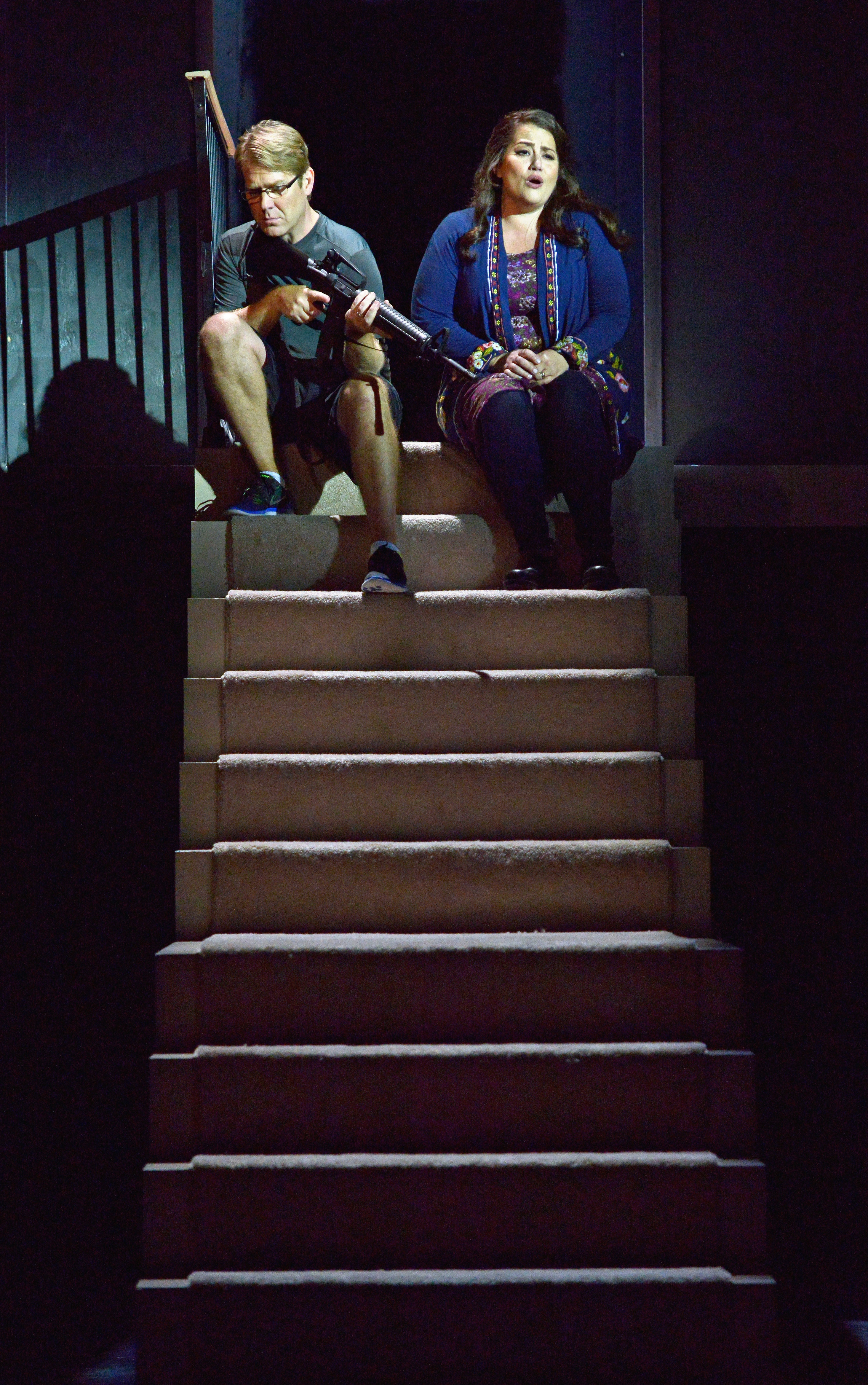
Daniel Belcher and Heather Johnson in The Long Walk, commissioned and developed at American Lyric Theater, Photo Credit: Gary David Gold – World Premiere Production at Opera Saratoga.
What are your thoughts on the future of opera?
Opera means a lot of different things to different people. I think we are in a very robust time for opera, with a great deal of very exciting work being written by diverse artists who truly care about the form. In addition, companies are exploring new ways to share opera with audiences. Many of these initiatives are the result of trying to address some of the business challenges of producing opera in this country, which are significant.
All of that is very important, but at its core, for me, opera is about telling stories that connect with audiences, and opera is also about great singing. I’m not particularly interested in an opera written for three vacuum cleaners featuring a punk-singer with no discernable plot. I’m not saying that type of work is not a legitimate form of musical-theatrical expression, but that isn’t what excites me about the potential of opera. I don’t think we have to revolt against opera’s history to define its future. Quite the contrary – I’m excited to see how artists BUILD upon opera’s history to create a vibrant future.
If you look back at your professional life, who are the people who influenced you the most and under which circumstances have you felt you gained valuable lessons?
I have learned more about opera and more about myself – both as an artist and a person – through my work at ALT. I learn the most when I put myself in a situation where I know less than others around me. I try to surround myself with people I respect, people who have expertise that complements my own experience, and people who genuinely want to share their passion. And, I use those people as role models myself, so that I can similarly pay it forward in my career and in my life.
This post was written by the author in their personal capacity.The opinions expressed in this article are the author’s own and do not reflect the view of The Theatre Times, their staff or collaborators.
This post was written by Antigoni Gaitana.
The views expressed here belong to the author and do not necessarily reflect our views and opinions.

